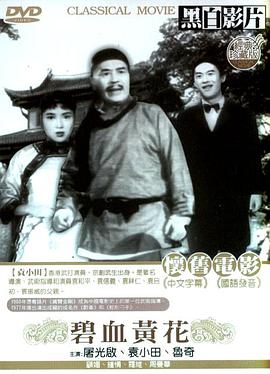
Saffron and Blood
5.0
陈厚李湄罗维王元龙王豪周曼华葛兰顾媚吴家骧
The film tells the revolutionary history of the National Revolutionary Martyrs overthrowing the Qing Dynasty. The history teacher explained to the students the origin of Youth Day. Lin Juemin (Tu Guangqi), a beloved wife from Fujian province who had recently separated and married, went to Guangzhou to participate in revolutionary work. Wei Yiting (Luo Wei), a native of Guangxi, followed his teacher Li Deshan to participate in the armed uprising. He was from Sichuan province
Playlist
Content Introduction
The film tells the revolutionary history of the National Revolutionary Martyrs overthrowing the Qing Dynasty. The history teacher explained to the students the origin of Youth Day. Lin Juemin (Tu Guangqi), a beloved wife from Fujian province who had recently separated and married, went to Guangzhou to participate in revolutionary work. Wei Yiting (Luo Wei), a native of Guangxi, followed his teacher Li Deshan to participate in the armed uprising. He was from Sichuan province